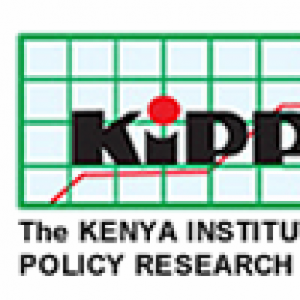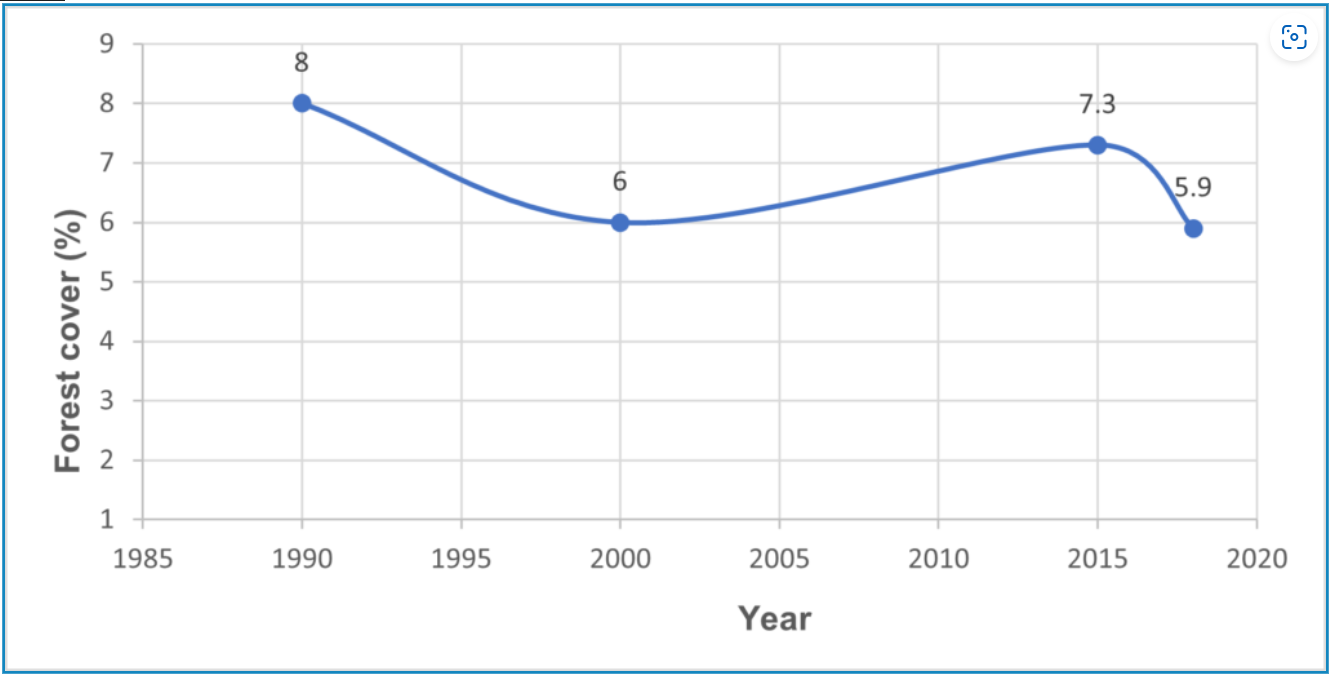The first Russia-Africa Summit took place in the Black Sea resort of Sochi, Russia on 23–24 October 2019 in which the Russian and African leaders discussed strategic cooperation between the two sides on areas of mutual interest, including trade, investment, energy, development cooperation, technical cooperation, building partnerships and identifying new areas and forms of cooperation.
The summit was co-chaired by the Russian President, Vladimir Putin, and the African Union Chairman, Egyptian President Abdel Fattah Al-Sisi. The Summit was preceded by an Economic Forum that aimed at finding new ways of increasing economic and trade cooperation. At the end of the summit, numerous bilateral agreements between Russia and African governments were signed especially in the energy, infrastructure and security sectors.
Various analysts contend that Russia’s renewed interests in the continent is informed by Africa’s increasing role in world affairs, rapid economic growth and technological advances witnessed in several countries in the continent. Africa is also being seen as the new frontier of economic growth, investment and trade. Moreover, Moscow is gradually turning to Africa to project power and influence.
The inaugural Summit was billed as Moscow’s biggest foray into Africa since the collapse of Soviet Union nearly three decades ago. Russia’s new engagement with Africa is also seen as Russian President Putin’s strategy to counter the influence of traditional and emerging powers in the continent. The major world powers have deepened their cooperation with Africa through strategic multilateral frameworks including the US-Africa Leaders’ Summit, Africa-European Union Partnership, Tokyo International Cooperation for African Development (TICAD), Forum on China-Africa Cooperation (FOCAC), India-Africa Summit, Turkey-Africa Partnership Summit, Korea-Africa Economic Cooperation and Africa-Arab Summit, among others.
A resurgent Russia views Africa as a strategic geopolitical voting bloc, since a combined African countries’ support at multilateral fora such as the United Nations is crucial for realizing its interests. Africa’s growing middle class is creating a huge new consumer market that is attractive to Russian corporations. The potential of trade and investment between Russia and Africa has been demonstrated by exponential growth of 185% between 2005 and 2015. Moscow targets to more than double its trade volumes with Africa to US$ 40 billion in five years. Currently, trade between Russia and Africa is about US$ 20 billion, just about 10% of China’s US$ 200 billion.
Trade is key in Kenya-Russia bilateral cooperation. Currently, Kenya-Russian trade is modest compared to total trade between Kenya and other major economic powers including China, India and the United States. According to Kenya’s Economic Survey 2019, the bilateral trade balance between Kenya and Russia was Ksh 23.2 billion in favour of Russia in 2018. The value of Kenya’s exports to Russia were estimated at Ksh 7.1 billion, Ksh8.1 billion, Ksh 7.0 billion, Ksh 8.0 billion and Ksh 8.6 billion in 2014, 2015, 2016, 2017 and 2018, respectively. On the other hand, the value of Russia’s imports was estimated at Ksh 23.1 billion, Ksh 28.6 billion, Ksh 24.3 billion, Ksh 36.1 billion and Ksh 31.7 billion in 2014, 2015, 2016, 2017 and 2018, respectively. Russia’s imports to Kenya include wheat, iron and steel, fertilizers, paper and paperboard, articles of pulp, machinery and beverages. Kenya’s exports to Russia include tea, horticultural products, tobacco, coffee, pulses and spices, among others.
Russia’s corporations such as Gazprom, Lukoil, Rostec, Rosatom, Rosneft and Tafneft have considerably invested in Africa’s oil/gas and minerals-rich countries. Russia also has a notable military presence in Africa as it is one of the major suppliers of arms to some African countries. Moscow intends to strengthen African military’s combat capability through military technical training. Currently, Russia has Military Technical Cooperation (MTC) agreements with over thirty countries. Russia is also engaging some African countries in possible collaboration in the development of nuclear power plants for peaceful purposes.
After the conclusion of the summit, it is important to look at the potential gains for Kenya from deeper cooperation with Moscow. Kenya has had cordial relations with Russia since its independence in December 1963. During the Cold War, Kenya was part of the Non-Aligned Movement, hence maintained good relations with the Soviet Union. In the early years of Kenya’s independence, Moscow not only offered scholarships to young Kenyans to study in the Soviet Union but also engaged in infrastructure development including financing the construction of the former Nyanza Provincial Hospital (now, Jaramogi Oginga Odinga Teaching and Referral Hospital).
Kenya is held highly in Russia’s policy as a leader in the continent and an engine of economic growth and development. This has been demonstrated by high level delegation visits to Nairobi and Moscow. Russia’s Foreign Affairs Minister, Sergey Lavrov, Russia’s Senate Speaker Valentina Matviyenko, and President Putin’s special envoy to the Middle East and Africa, Mikhail Bogdanov, are among high Russian State Officials who have made visits to Kenya. Kenyan high level delegations have been to Moscow on official visit several times.
At the sidelines of the summit, President Kenyatta and his host, the Russian leader held bilateral talks that touched on trade, investment, tourism, science and technology, training and education, security and defence, tourism and people to people interactions that would be imperative in enhancing shared development and modernization agenda of the two countries. Kenyan and Russian delegations also resolved to establish a Russian-Kenya Business Council that would be critical in overseeing the implementation of joint trade and investment programmes. President Kenyatta reiterated that entrenching bilateral and multilateral partnership would enable the two countries achieve faster progress in trade, investment, security and other sectors. Renegotiation of the Bilateral Air Services Agreement to establish direct cargo flights between the two countries was also discussed.
Russia has a high demand for horticultural products, tea and other consumer goods. Kenya can take advantage of the enhanced bilateral relations to expand its exports of tea and coffee, and horticultural products to Russia. As more Russian corporations turn to Kenya for investment opportunities, the government should improve investment environment as this will not only enhance trade between the two countries but also contribute to transfer of technology to Kenya. Enhanced cooperation with oil and gas-based corporations could also be of great importance to Kenya’s infant hydrocarbon sub-sector.
The tourism sector could also benefit from renewed partnership between the two countries as Kenya accelerates diversification of tourism market sources with focus on Russian tourists who tend to prefer the Middle East and North Africa, among other destinations. This requires that Kenya offers tourism products that appeal to new tourism source markets.
Russia recognizes and values Kenya’s role in promoting regional security, peace and stability through political mediation, engagement in regional peacekeeping operations, fight against international terrorism, piracy and other transboundary criminal activities. Moscow has made considerable efforts by providing training to Kenyan security personnel. It is critical that Kenya identifies new areas in which Russia’s support could be crucial. For instance, Kenya could seek Moscow’s experience and technology in addressing security threat from terrorists, cybercriminals and transnational syndicates. Kenya could also seek Moscow’s support for Somalia stabilization process.
Finally, as the two countries work towards the establishment of Russian-Kenya Commission on Economic, Scientific and Technological Cooperation, Kenya’s commitment to the new level of partnership should be guided by the country’s core national interests including economic growth, social and technological transformation of the country, safeguarding territorial integrity, and realization of the “Big Four” agenda and the Vision 2030.
BY PAUL ODHIAMBO AND CATHERINE MUTUKU
TRADE AND FOREIGN POLICY DEPARTMENT





